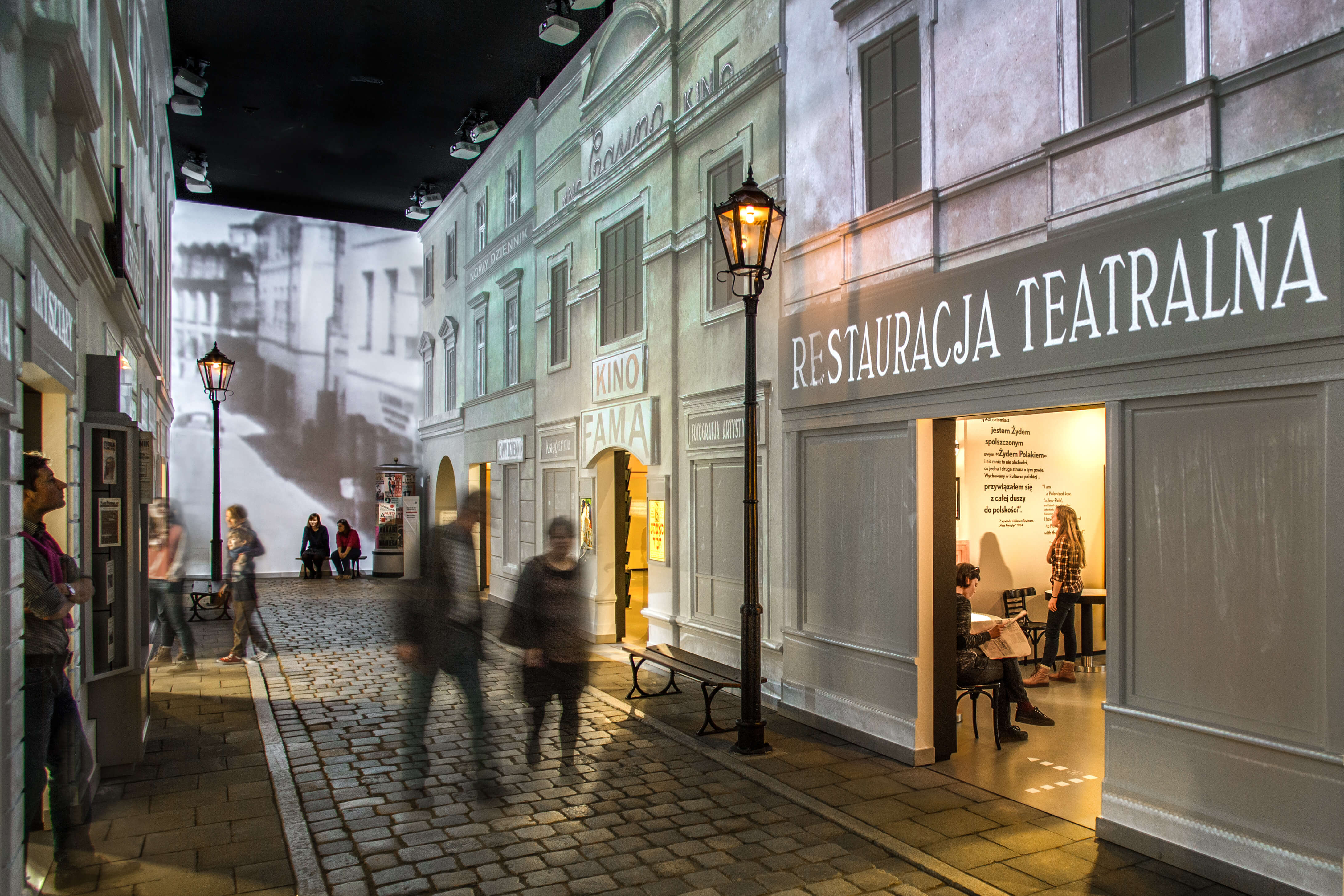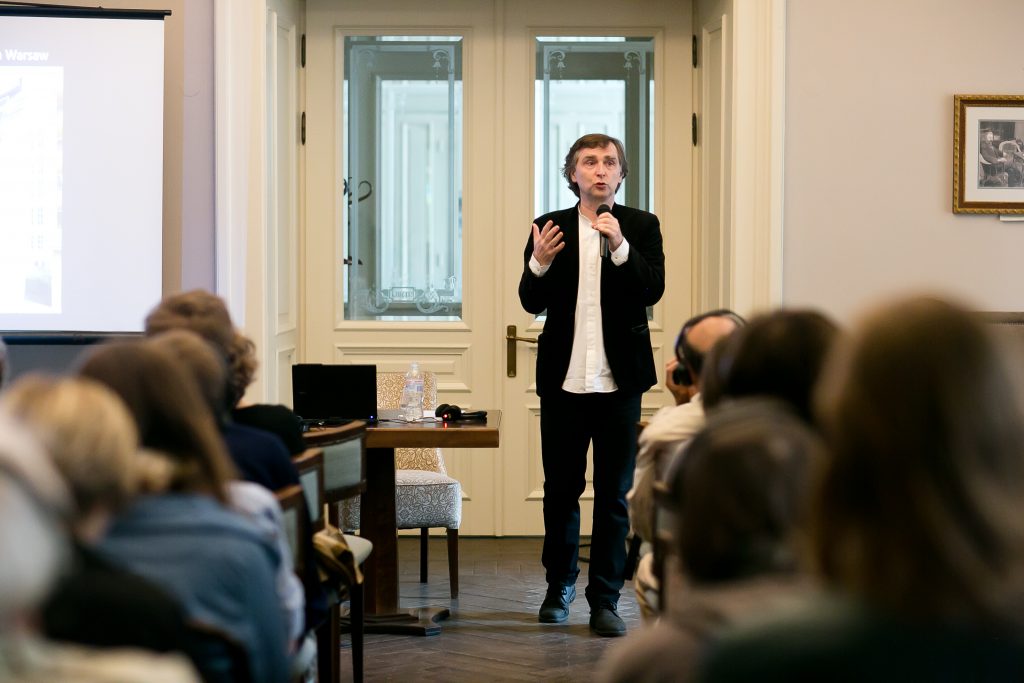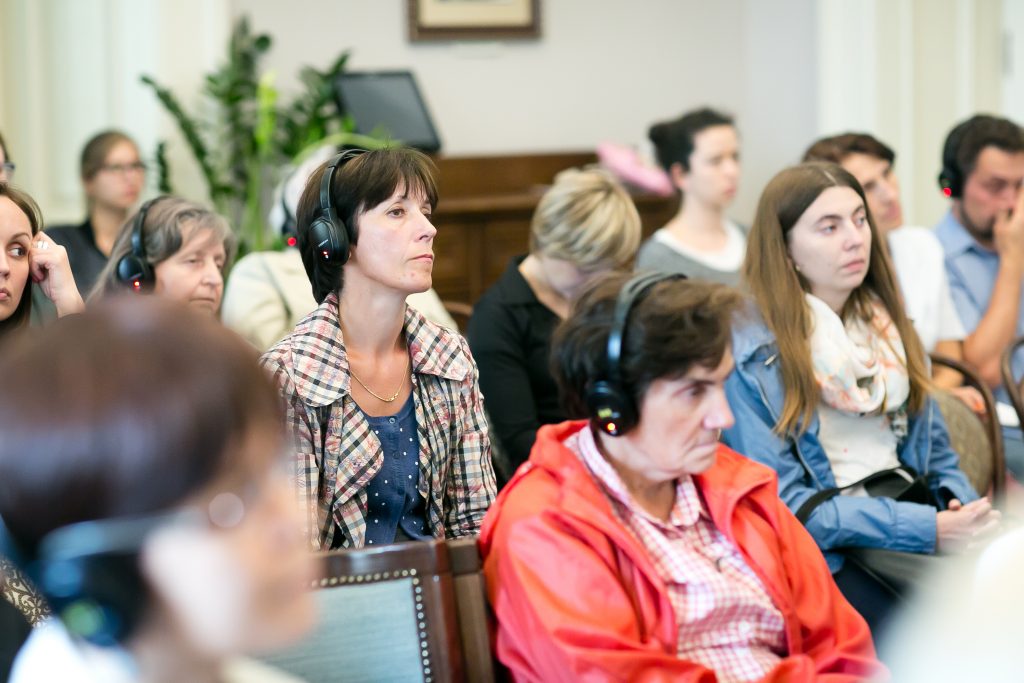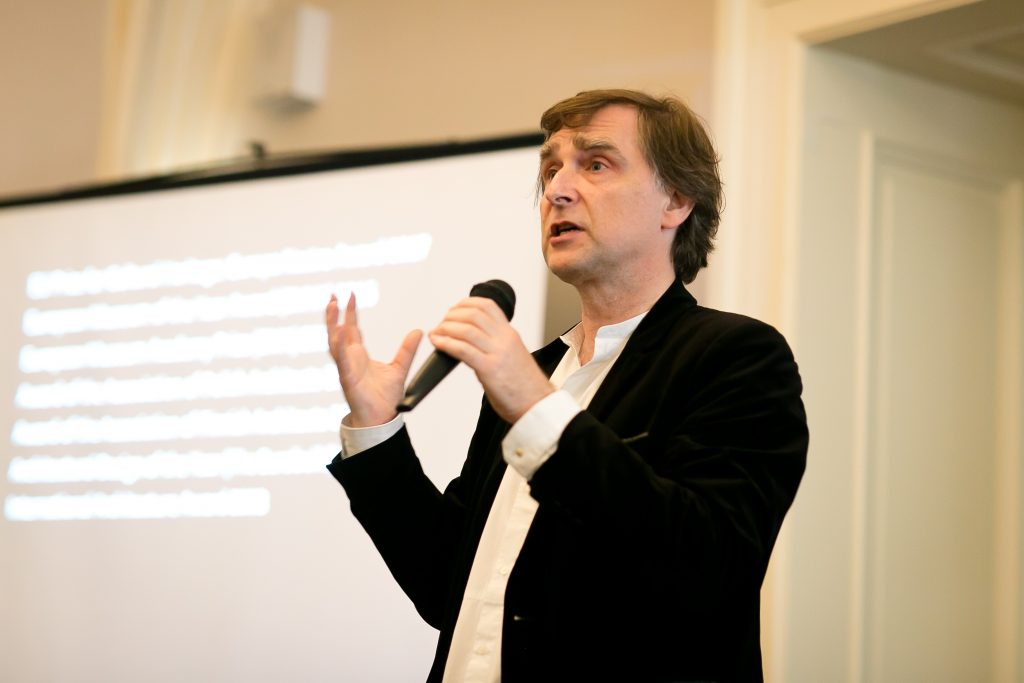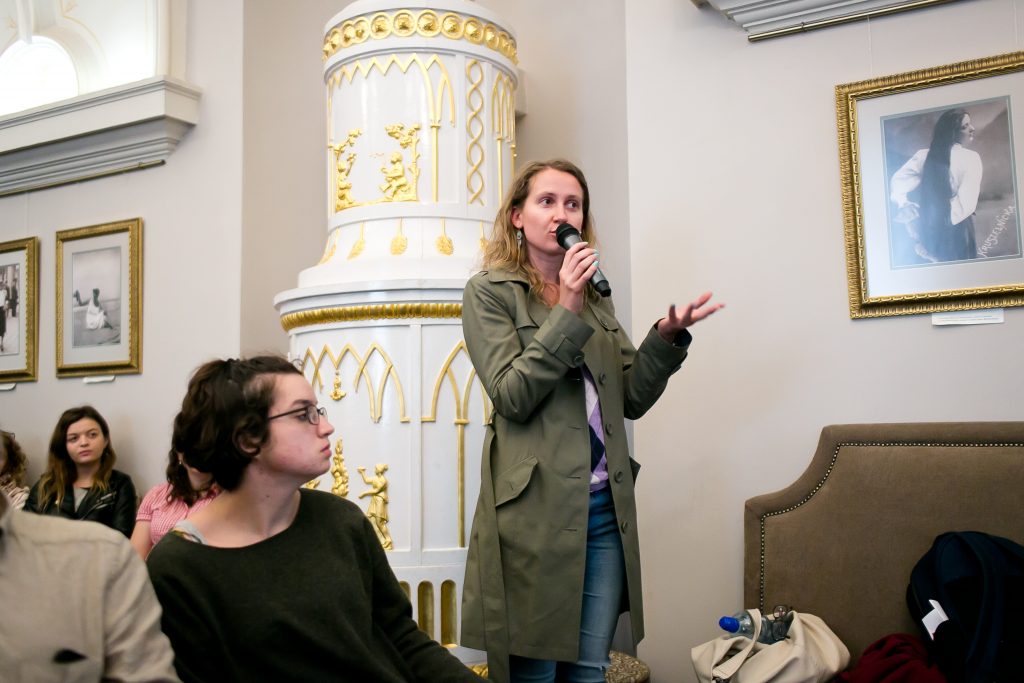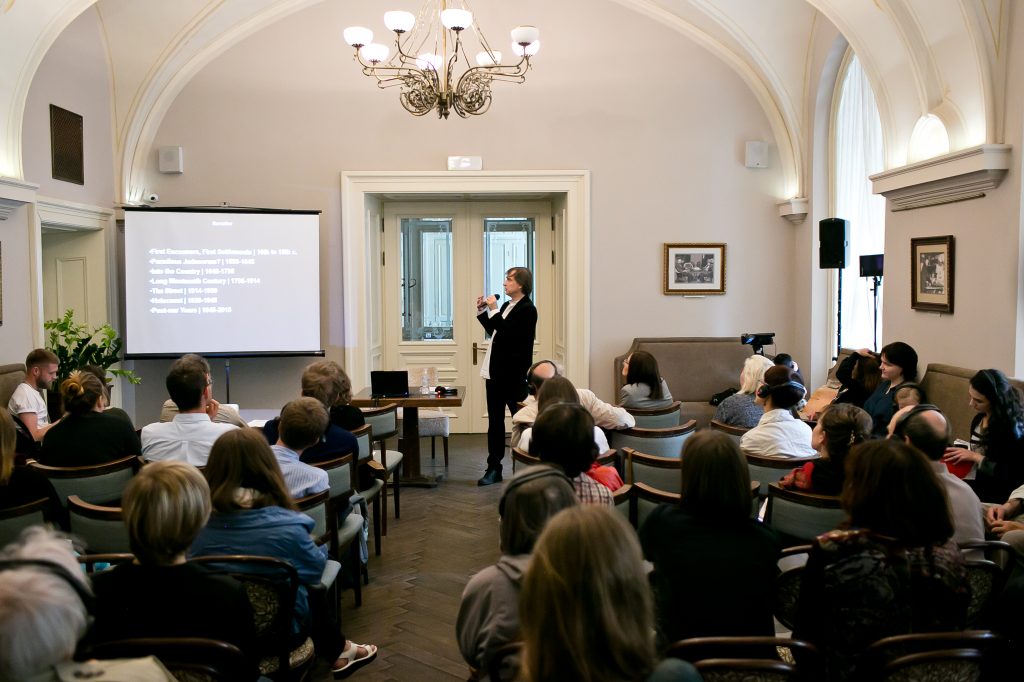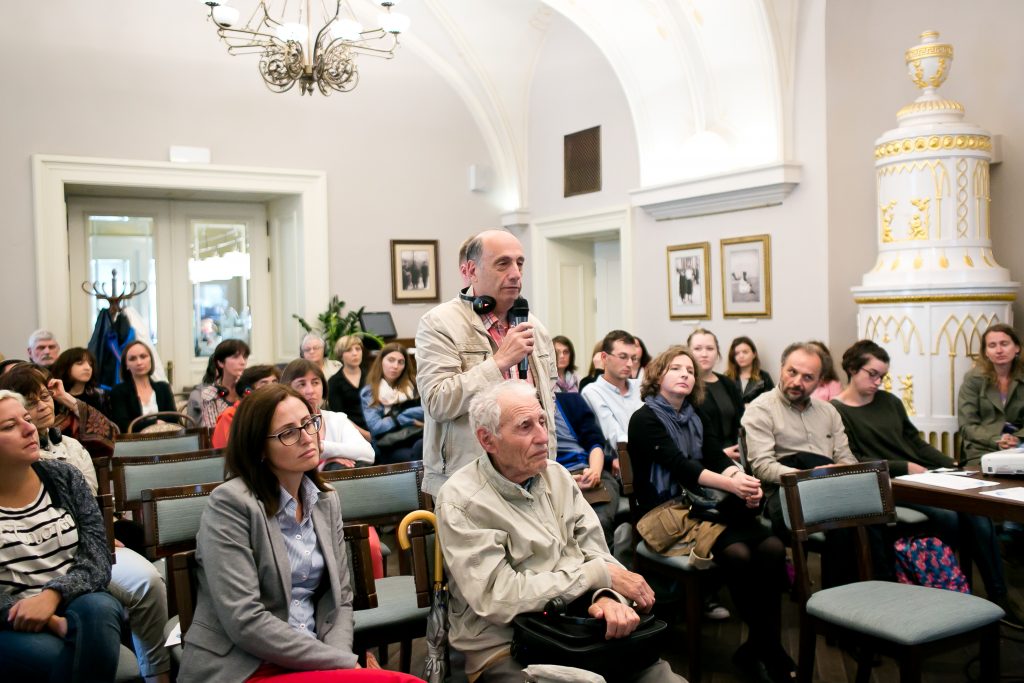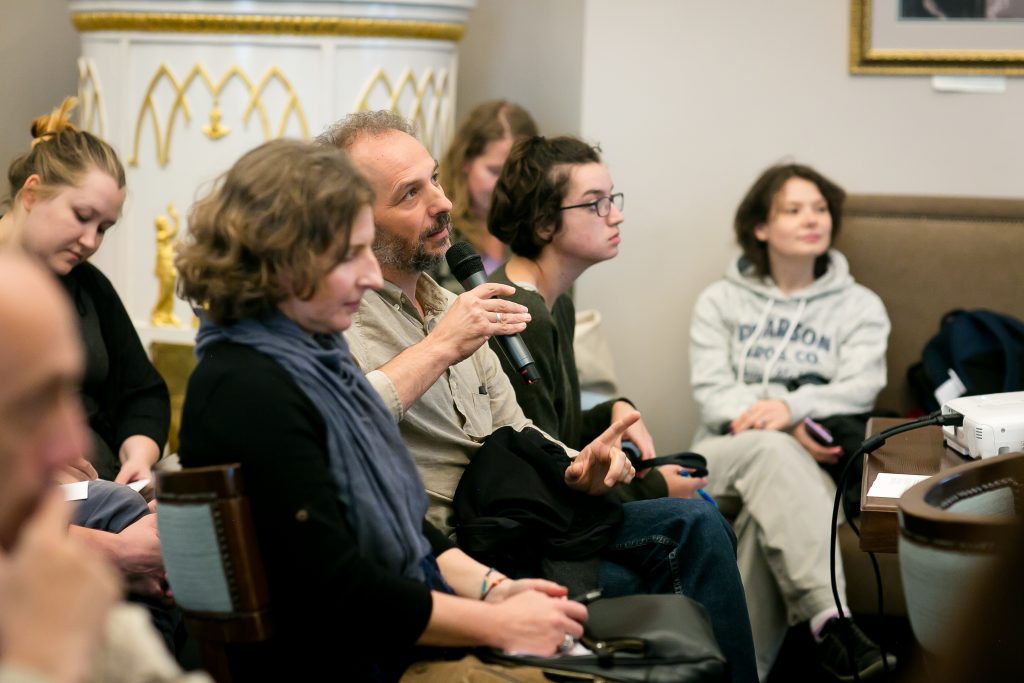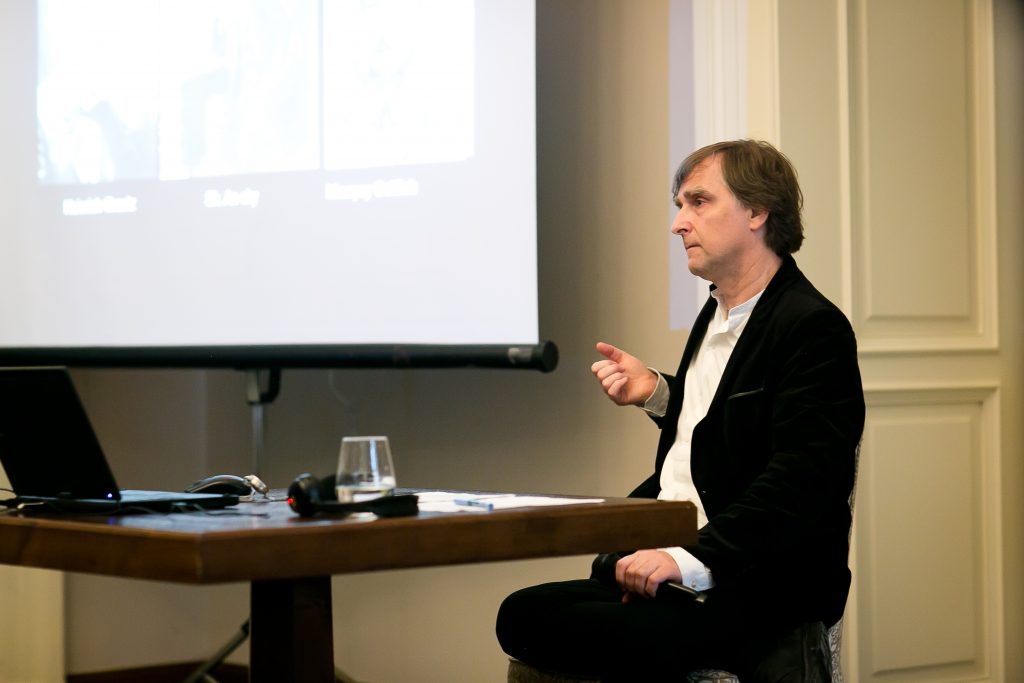How to Tell Jewish Story in Poland? From Jewish collections to the Museum of the History of Polish Jews
Marcin Wodziński
Wrocław University13.7.2017, 18:30
Ratusha restaurant at pl. Rynok, 1, Lviv
Modern museums are "mirrors carried along high road." Just like a nineteenth-century novel, they reflect they ways contemporary individuals and societies see themselves and how they portray each other. This lecture told the history of Jewish collections and museums in Poland and how they have been related to Jewish life, past and present. It started with the main ideas behind creation of the first Jewish collections in Poland, why they were created, how they developed, where they were located, then follow with the issues of the post-Holocaust memory of Jewish life in Poland, commemoration and the question of the Jewish material and spiritual heritage. But the main focus of the lecture was the Museum of the History of Polish Jews opened in Warsaw in 2014. How it emerged and how and why it took its particular form, both in its grounding principles, historiographic considerations, and some illustrative individual resolutions? More generally, it explained how the museum emerged from the state of Polish public debates on the Jews and Polish-Jewish relations, both academic and popular.
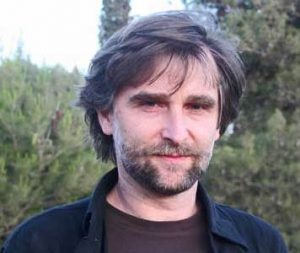
Marcin Wodziński
is an historian. He completed Polish studies (literature) and Silesian studies (history) at the Wrocław University and defended his Ph.D. there. In 1996 he took position of the lecturer, later professor, at the Institute of Polish Studies, Wroclaw University and of the head of the Research Centre for the Culture and Languages of Polish Jewry, Wroclaw University. From 1996 to 1998 he thought at the Beijing Foreign Studies University. From 2005 he is the head of the Department of Jewish Studies, Wrocław University. His special fields of interest are Jewish material culture and the social history of Jews in nineteenth-century Eastern Europe, especially history of Hasidism and Haskalah. His publications include more than 100 articles in Polish, English, Hebrew, French, and Czech; ten books (one of them co-authored) and six volumes co-edited.
Jewish Days is a public program for general audiences. It is related to two other projects of the Center for Urban History - Summer School in Jewish History and Multicultural Past, held annually since 2010, and the initiative Space of Synagogues: Jewish History, Common Heritage and Responsibility (in partnership with the Lviv City Council and the German Society for International Cooperation, GIZ).
Credits
Cover Image: POLIN Museum of the History of Polish Jews
Gallery Image by Iryna Sereda
